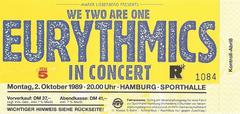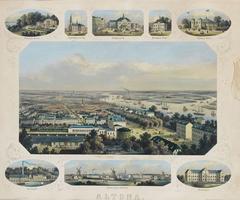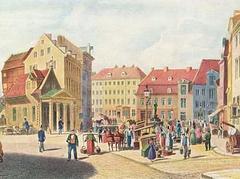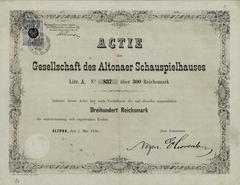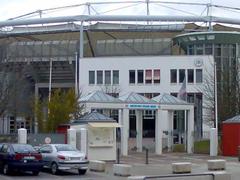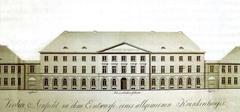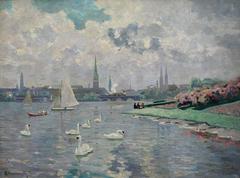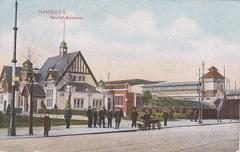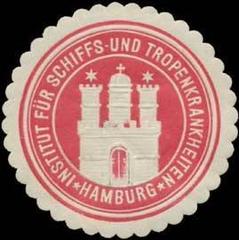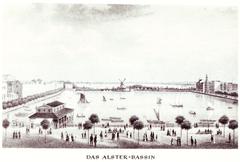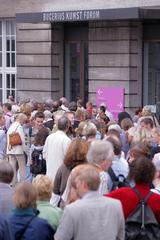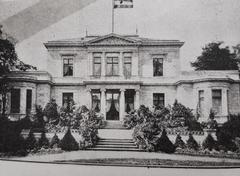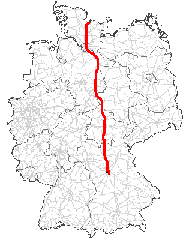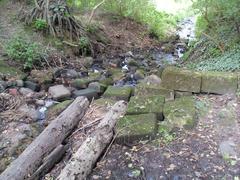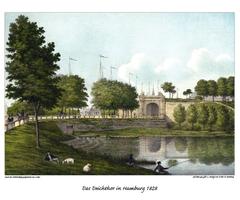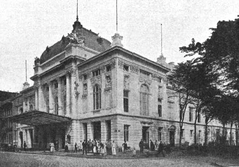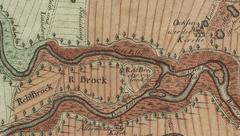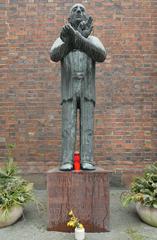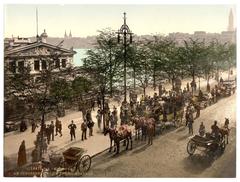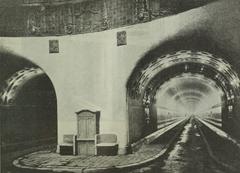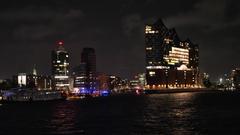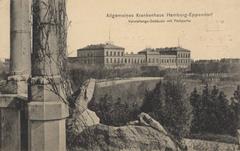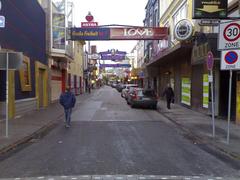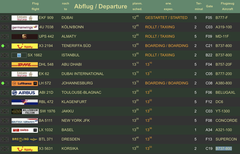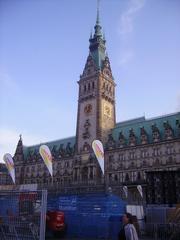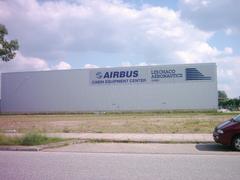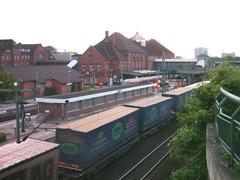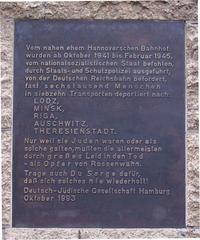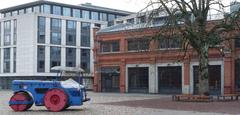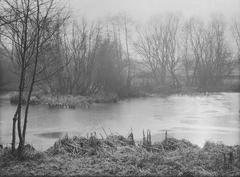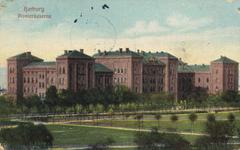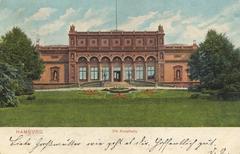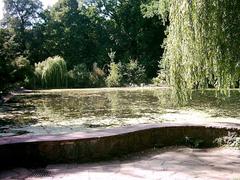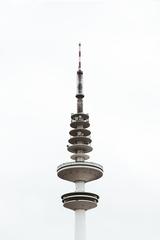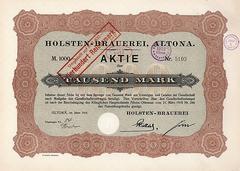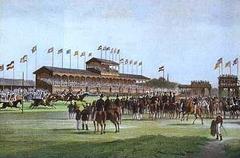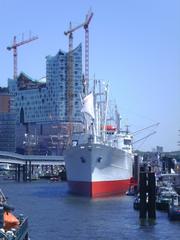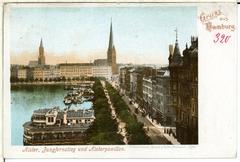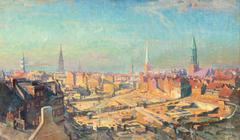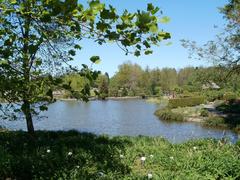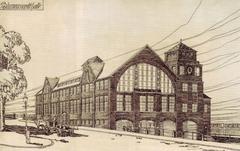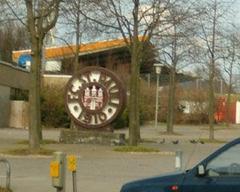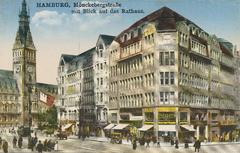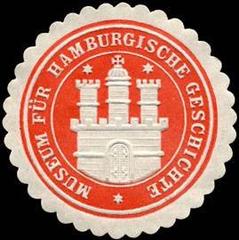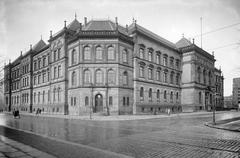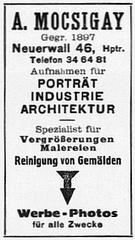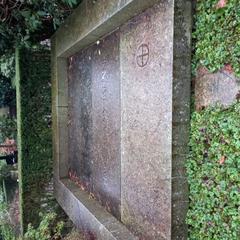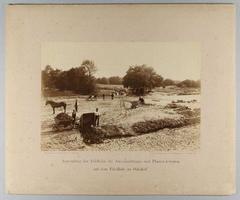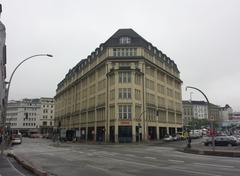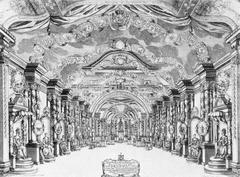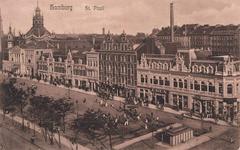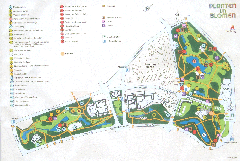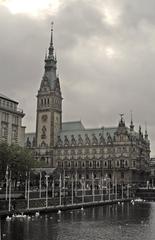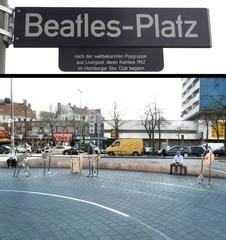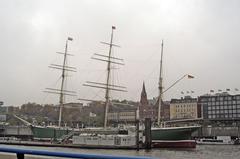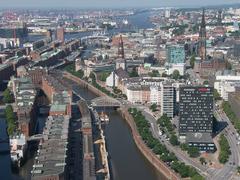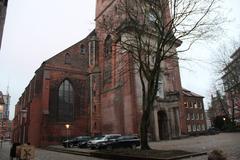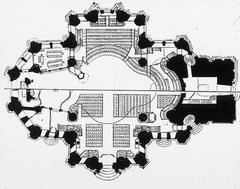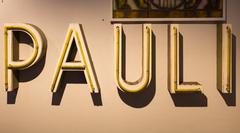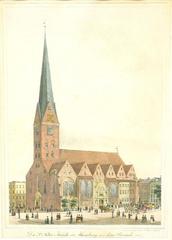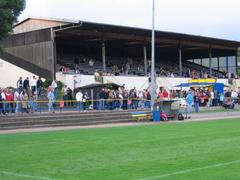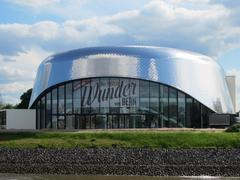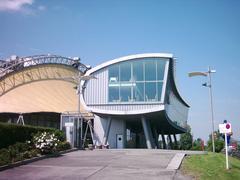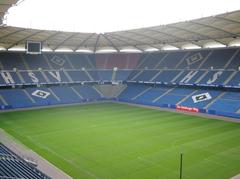
Hamburg Planetarium Visiting Hours, Tickets, and Travel Guide
Date: 04/07/2025
Introduction
The Hamburg Planetarium stands as a remarkable fusion of historical architecture and groundbreaking astronomical innovation. Situated in the heart of Hamburg’s Stadtpark, this iconic landmark draws visitors with its majestic Art Deco water tower—originally built between 1912 and 1915—and its state-of-the-art planetarium, established in 1930. As one of the world’s oldest continuously operating planetariums, it offers immersive astronomy shows, dynamic educational programming, and vibrant cultural events suitable for all ages (e-a-a.com; hamburg.com). This detailed guide will provide essential information about visiting hours, ticketing, accessibility, travel tips, and nearby attractions, ensuring a memorable experience at one of Hamburg’s top historical sites. For the latest updates on events and ticket availability, consult the official Hamburg Planetarium website.
Table of Contents
- Introduction
- History and Architectural Significance
- Technological Evolution and Educational Impact
- Visiting Hours and Ticket Information
- Accessibility and Visitor Services
- Getting There and Nearby Attractions
- Cultural Events and Guided Tours
- Visitor Tips and FAQ
- Conclusion and Planning Resources
- References
History and Architectural Significance
From Water Tower to Scientific Landmark
The Hamburg Planetarium’s story began with its construction as a water tower, designed by Fritz Schumacher, to serve the growing population of early 20th-century Hamburg. Its imposing 70-meter Art Deco structure—characterized by symmetrical brickwork and geometric forms—became a city landmark (e-a-a.com). By the late 1920s, as the water tower’s original function waned, visionaries repurposed it into a planetarium. In 1930, after innovative renovations, the building reopened as one of the world’s first public planetariums (Wikipedia).
Preservation and Modernization
Designated a cultural heritage site in 1981, the building skillfully balances historic preservation and modern functionality. Major renovations, including a transformative upgrade in 2017, introduced enhanced accessibility, expanded exhibition spaces, and a rooftop terrace with panoramic city views (Wikipedia). Today, the planetarium’s adaptive reuse exemplifies Hamburg’s commitment to honoring its architectural past while embracing scientific progress.
Technological Evolution and Educational Impact
Leading Astronomy Education
Since its opening, the Hamburg Planetarium has continually upgraded its technology to deliver an unparalleled astronomical experience. The installation of the Zeiss Universarium Mark II projector in 1930 set new standards for immersive star shows (Wikipedia). In 2011, it became the first European planetarium to feature full-dome 3D stereoscopic projection (eddesignmagazine.com). Today, advanced visualization and sound systems enable audiences to embark on virtual journeys through the cosmos (touristplatform.com).
Interdisciplinary Learning and Outreach
Beyond astronomy, programming at the planetarium integrates geography, physics, chemistry, and the arts, fostering cross-disciplinary learning for diverse audiences (eddesignmagazine.com). Research confirms that planetarium experiences enhance spatial reasoning and scientific understanding (ips-planetarium.org). With approximately 300,000 annual visitors, the planetarium is a hub for school programs, public lectures, and special events, including international gatherings like SEAC 2025 (fhsev.de).
Visiting Hours and Ticket Information
Opening Hours
- Monday to Friday: 10:00 AM – 6:00 PM
- Saturday and Sunday: 10:00 AM – 8:00 PM
- Closed on public holidays (always check the official website for up-to-date information)
Showtimes vary by program and may extend into the evening for special events.
Ticket Prices
- Adults: From €12.00
- Reduced (students, seniors, disabled): From €8.00
- Children’s shows: From €7.50
- Children under 6: Free
- Family/group discounts: Available
- Rooftop observation deck: Included with show ticket, or €2.00 (€1.00 reduced) separately
Tickets can be purchased online, by phone, or at the box office. Advance booking is recommended, especially during weekends and holidays. Concessions apply for students, children, disabled visitors, and Hamburg Card holders (present valid ID).
Entry Policy
Plan to arrive at least 20 minutes before your show. For safety, latecomers are not admitted once shows begin (Planetarium Hamburg).
Accessibility and Visitor Services
- Wheelchair Access: All public areas, including the Sternensaal and rooftop, are accessible by elevator. Designated parking and drop-off for disabled visitors are available via Linnering (use the buzzer at the barrier for access).
- Hearing Assistance: Induction loop technology and single-sided headphones are available for hearing-impaired guests.
- Assistance Dogs: Permitted throughout the building and in event spaces.
- Lockers: Provided for bulky items (required for entry into the Sternensaal).
- Gift Shop: Astronomy-themed souvenirs, books, and educational materials.
- Café: Light refreshments available; Stadtpark offers further dining options.
- Restrooms and Cloakroom: On site.
Getting There and Nearby Attractions
Directions
- Address: Stadtpark 12, 22303 Hamburg
- By Public Transport:
- U3 to Borgweg, then Bus 179 to Stadtpark (Planetarium) and a short walk
- U1 to Hudtwalckerstraße, then Bus 20 to Ohlsdorfer Straße
- For routes, see HVV public transport
- By Car: Parking at Linnering or Otto-Wels-Straße (3–5 minutes’ walk); limited disabled parking on site.
Nearby Attractions
- Hamburg Stadtpark: Ideal for walks, picnics, and recreation.
- Kunsthalle Hamburg: Major art museum, a short drive or transit ride away.
- Planten un Blomen: Notable botanical gardens.
- Natural History Museum: Within walking distance.
- Observation Deck: Panoramic city views from 42 meters above ground (ahoi-hamburg.de).
Cultural Events and Guided Tours
The Hamburg Planetarium hosts a dynamic program of events:
- Astronomy and Science Shows: Immersive dome projections on topics like auroras, black holes, and planetary science.
- Children’s Programming: Interactive shows tailored to young audiences.
- Music and Laser Shows: Concerts and themed experiences blending astronomy with music (e.g., “Laser Zeppelin,” “Queen Heaven”) (hamburg-travel.com).
- Art Exhibitions: Rotating displays exploring the intersection of science and art.
- Special Events: SEAC 2025, interdisciplinary exhibitions, and international collaborations.
- Guided Tours: Available for groups and schools by advance booking, offering insights into history, architecture, and technology (stadtkuratorin-hamburg.de).
Visitor Tips and Frequently Asked Questions (FAQ)
Practical Tips
- Arrive Early: 20 minutes before your show is recommended.
- Language: Most shows are in German; some offer audio guides or translations (look for language icons).
- Photography: Allowed in the foyer and rooftop deck; not during shows.
- Weather: Rooftop is open year-round; dress appropriately.
- Health: Some shows use lasers, strobe effects, and fog; visitors with photosensitive epilepsy should check program details.
FAQ
Q: Are shows suitable for young children?
A: Yes. Special programs are designed for children aged 4+.
Q: Is the planetarium wheelchair accessible?
A: Yes. Elevators and barrier-free entrances ensure full accessibility.
Q: Can I buy tickets online?
A: Yes. Online booking is recommended, especially for popular shows (Planetarium Hamburg).
Q: Are group or family discounts available?
A: Yes. Discounts apply for groups, families, and Hamburg Card holders.
Q: What about food and drinks?
A: Light refreshments are available on site; more options can be found in Stadtpark.
Q: Are dogs permitted?
A: Only assistance dogs are allowed beyond the ticket office.
Conclusion and Planning Resources
The Hamburg Planetarium stands as a beacon of cultural and scientific enrichment, uniting Hamburg’s architectural heritage with the wonders of the cosmos. Whether you’re an astronomy enthusiast, a family seeking education and entertainment, or a traveler exploring the city’s historical sites, the planetarium offers an inclusive, inspiring, and memorable experience. For the latest visiting hours, ticketing options, and event schedules, always consult the official Planetarium Hamburg website.
To enhance your visit, download the Audiala app for audio guides and event updates, and explore related articles on Hamburg’s top attractions. Follow the planetarium’s and Audiala’s social media channels for news, special offers, and behind-the-scenes content.
References
- 10 Best Architectural Buildings in Hamburg Germany, 2023, e-a-a.com (https://www.e-a-a.com/10-best-architectural-buildings-in-hamburg-germany/)
- Hamburg Planetarium, 2024, Hamburg.com (https://www.hamburg.com/visitors/sights/architecture/planetarium-19402)
- Hamburg Planetarium, 2024, Wikipedia (https://en.wikipedia.org/wiki/Hamburg_Planetarium)
- How Planetariums Engage Schoolchildren in Science, 2023, eddesignmagazine.com (https://eddesignmagazine.com/how-planetariums-engage-schoolchildren-in-science/)
- Visit a Variety of Exhibitions: Hamburg Natural History Museum and Planetarium, 2024, touristplatform.com (https://www.touristplatform.com/article/visit-a-variety-of-exhibitions-hamburg-natural-history-museum-and-planetarium)
- Hamburg Planetarium Visitor Information, 2024, Planetarium Hamburg Official Website (https://planetarium.hamburg/de/besuchsinformationen)
- SEAC 2025 Event at Hamburg Planetarium, 2024, FHSEV (https://www.fhsev.de/Wolfschmidt/events/SEAC-HH-2025.php)
- The Value of Planetarium Education, 2023, International Planetarium Society (https://cdn.ymaws.com/www.ips-planetarium.org/resource/resmgr/whitepapers/ValueOfPlanetariumEd2023.pdf)









